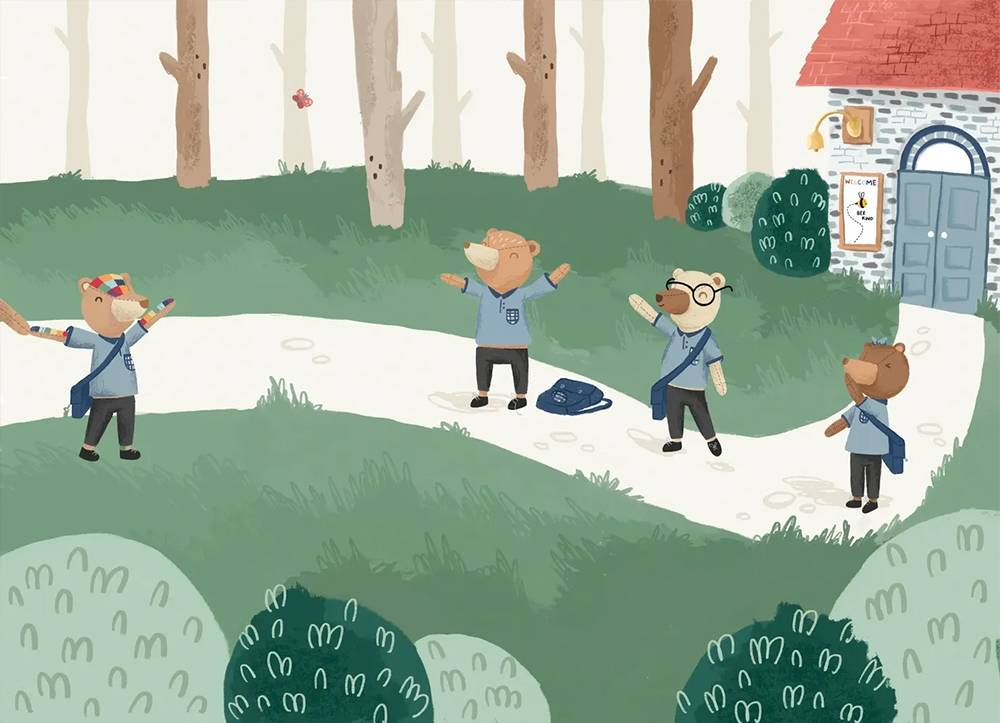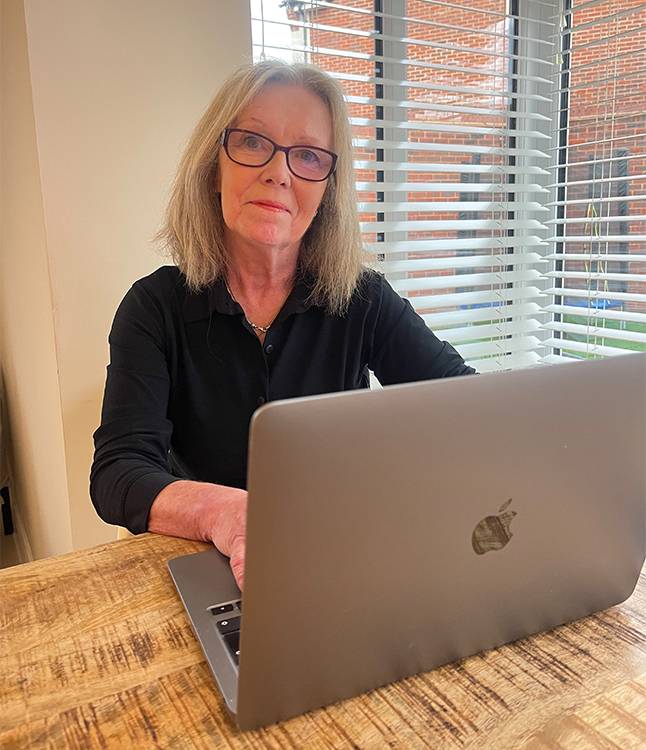There’s a new year on the horizon and we hope our education special will help you. We take a look at the International Baccalaureate, learning to read as an adult and supporting the mental health and happiness of children.
Skip to the interactive schools map
Skip to more education related articles
Learning for the future
Many schools are choosing to expand their education offering with the International Baccalaureate which examines ‘how to learn’ as much as ‘what to learn’, is it right for your child?.
In today’s world more so than ever children need to become well-rounded individuals developing strong academic, social and emotional characteristics, but how best to help them achieve this.
An increasing number of schools are opting to teach the International Baccalaureate. In its Schools of the Future report in January 2020, the World Economic Forum identified a model of education which “more closely mirrors the future of work and provides children with the skills to thrive in the new economy”.
In contrast to the traditional method of gaining specific subject knowledge, it emphasised the development of key skills, employing a wide-ranging set of characteristics which would enable today’s children to adapt more readily to the challenges of tomorrow.
So what is the IB?
The programme is spilt into four parts for children from the age of three to 19 – Primary Years Programme, Middle Years Programme, Diploma Programme and Career-related Programme. Schools and colleges can utilise one or more parts of the programme.
Rather than teaching a predefined set of information in preparation for a test / exam at the end, the IB focuses as much on ‘how to learn’ as ‘what to learn’ reinforcing the idea that this better equips children with the skills they need for the world at large.

Pupils still learn the content giving them the knowledge but it is more ‘self directed’ allowing them to develop the necessary critical life skills. Teachers are also given more freedom in the way in which they teach as subjects may develop along a different path depending on the existing knowledge levels and interests of pupils, rather than covering the same content in each academic year.
Children also benefit from the connectivity of the IB syllabus with teaching staff coming together with common topics (units of inquiry) so everything interlinks. For example, children may be learning about The Great Fire of London – in an English lesson they may read books and write about it, in art and DT they may build models of the houses, in science they may look at how fire spreads and then in maths, use this data to explore equations. While there is still separate and distinct teaching in some areas, a large portion of the learning is built around topics, better replicating the real world problems likely to be faced which are multi-faceted and benefit from a more all-round approach that learning of this type encompasses.
“IB students have the opportunity to reflect upon what they already understand”
One such school which has adopted this method is St George’s School Windsor Castle, which last year became the first standalone prep school in the country to be certified as an IB World School. It employs the Primary Years Programme from kindergarten to Year 6 (3-11 years of age) and then the Pre-Senior Baccalaureate in Years 7 and 8 (11-13 year olds).
Head of Pre-Prep at St George’s School, Emma Adriano spearheaded the roll out and said they realised the “rapid change of pace and uncertainty around the future job market required a bold change of strategy”.
“Rather than learning subjects by rote with the sole goal of passing exams, IB students have the opportunity to reflect upon what they already understand, identify their own knowledge gaps and areas of interest and explore how to research and develop a deeper understanding of each topic across a range of subject ideas and practical applications.”
She added: “Fundamentally, alongside imparting knowledge, the curriculum teaches not what to think, but how to learn.”

As with everything in life, the IB is not for everyone and critics cite those who have very defined career paths in mind such as physicists for whom specialisation may be more relevant with the need to focus heavily on maths, further maths and physics at A Level as opposed to a more broader curriculum.
Pupils choosing to study the IB Diploma (16-19 year olds) which focuses on six subject areas over the two-year course, need to be organised and committed as well as being an independent thinker and learner and be able to communicate their learning well, oral presentations are a key feature.
In terms of life skills and developing a critical balance of knowledge, skills and mindset – the IB is highly rated. Some schools offer both options to suit individual needs giving students more choice.
Find out more at ibo.org










